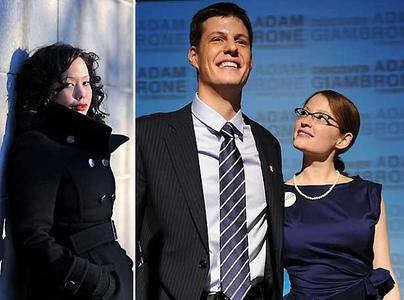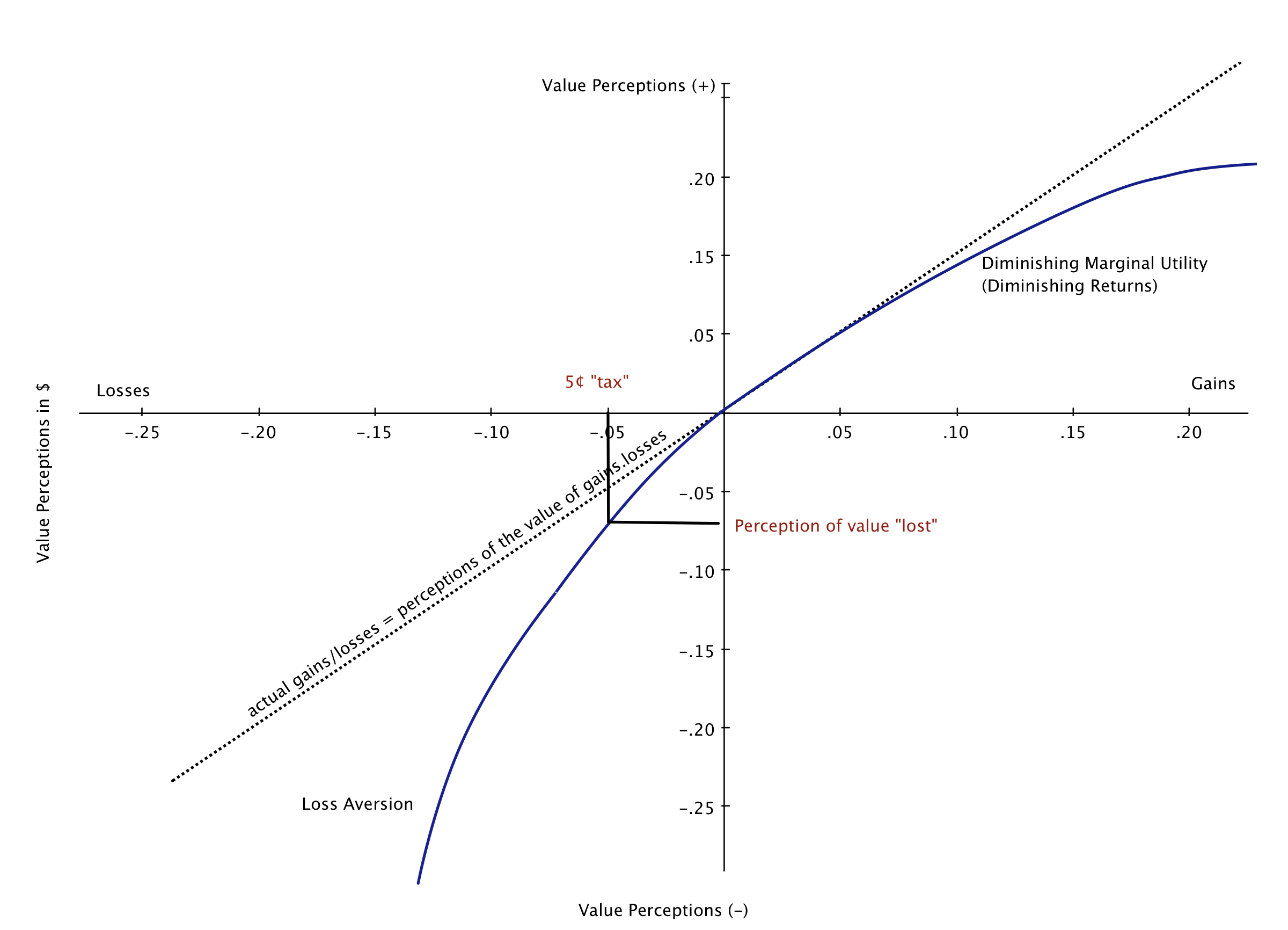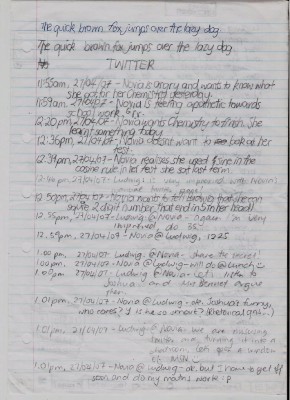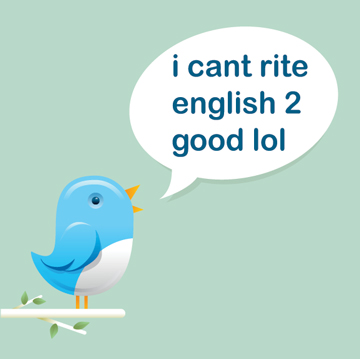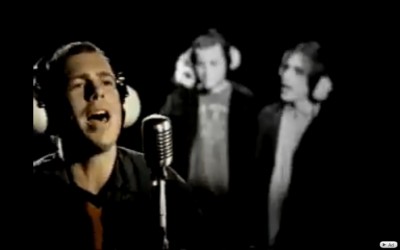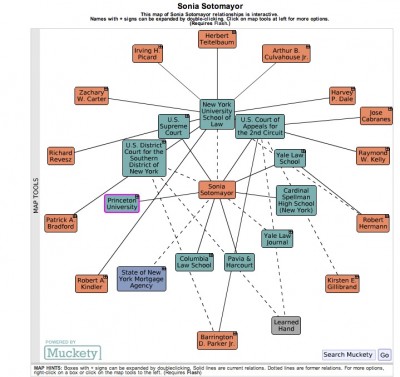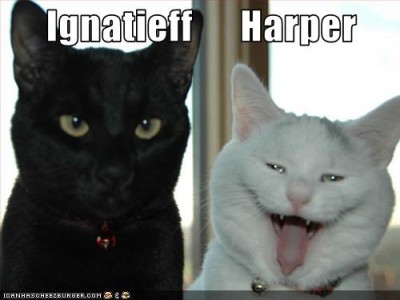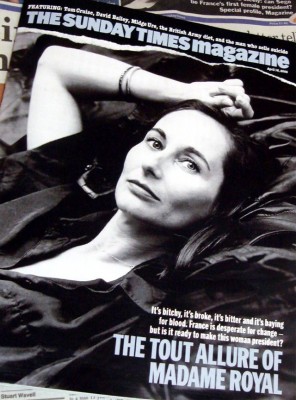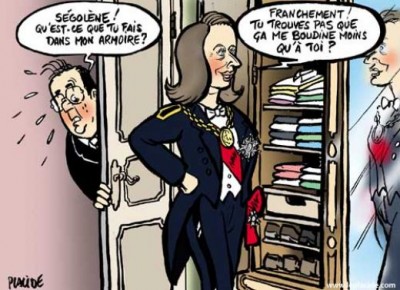I’ve been observing the ideological war in the media in the wake of the Tucson tragedy and I’ve been wondering how Sarah Palin would respond to the fingerpointing regarding charges that her heated rhetoric may have played a role. Today, she responded with a video::
It will go down as the “blood libel” speech, as she used that loaded term to accuse the media of an unwarranted pointing of fingers at her.
Was this another gaffe -or- was this part of a very controlled and disciplined Sarah Palin who is taking upon the role as a leader? This WaPo article isn’t missing the fact that the video was a stark departure from her prior history of Tweets and Facebook updates, where she reacts with off the cuff “reflexive spasms”. The article ends with this::
“Republican operatives report that Palin has been calling around in recent weeks to seek advice not only on whether but how she should run for president in 2012. This statement might suggest she is not only seeking that counsel, but taking it as well.”
Hearing the video in its entirety, it uses very specific language invoking God and country to get her message across and frame it in a way that will resonate with her base and show she can “talk the talk” of sounding like a presidential candidate.
So, I don’t think the use of “blood libel” will be a gaffe, unless she plays into criticism of its use. I do wonder if a little contrition would have been a better tactic, in that her base is already sold on her, but contrition may have made inroads into support of the coveted moderates. I get a sense that a little of Palin’s feistiness goes a long way and showing a bit of humility could broaden her range without necessarily diluting her brand.

 The
The 

